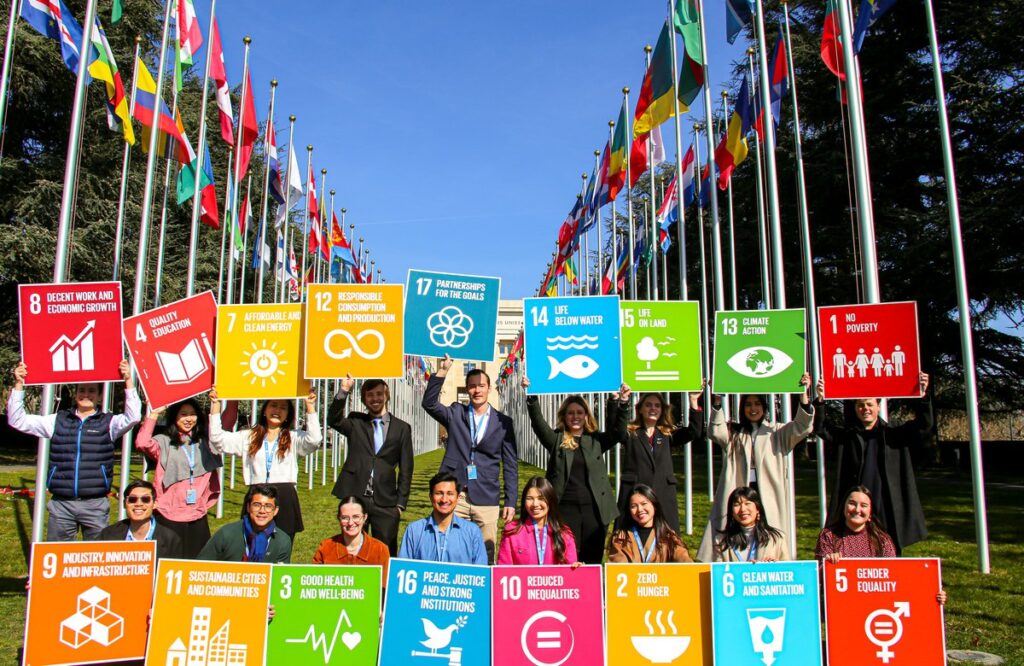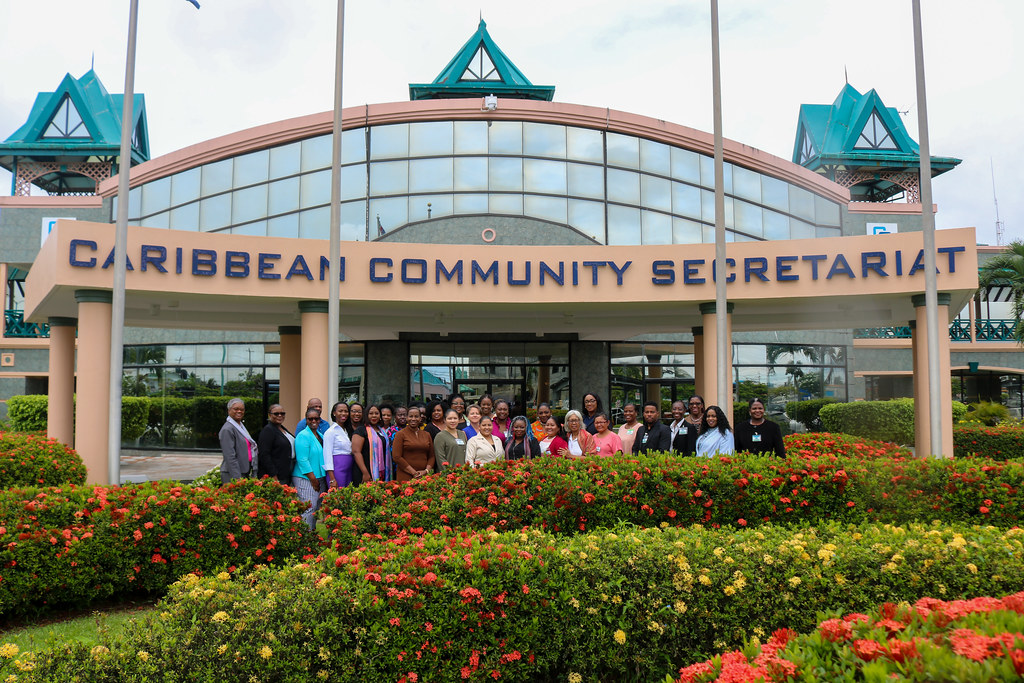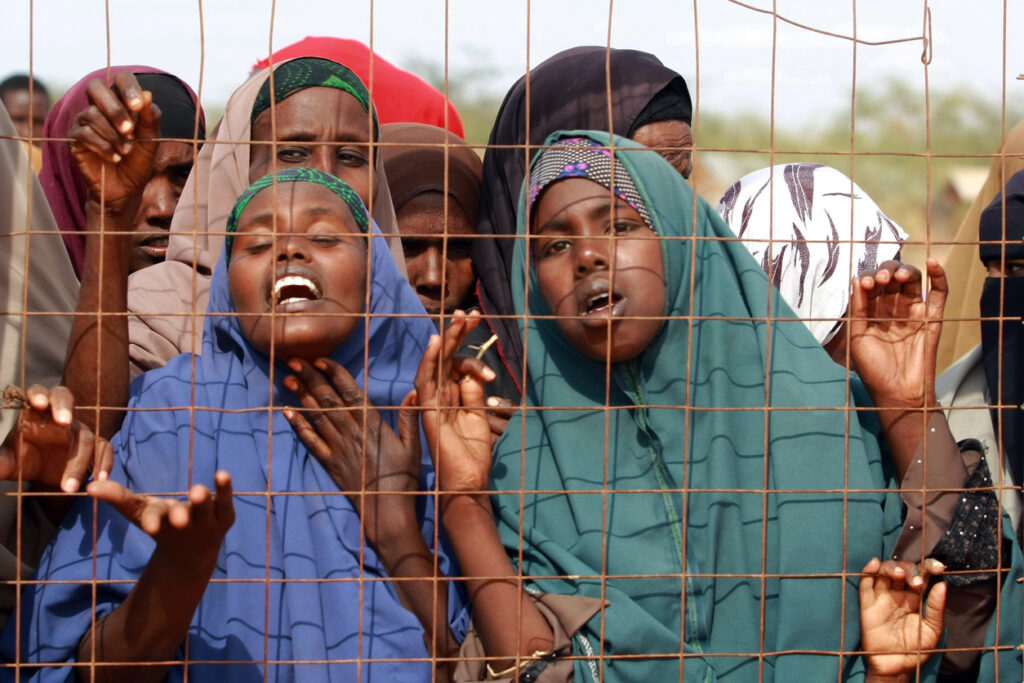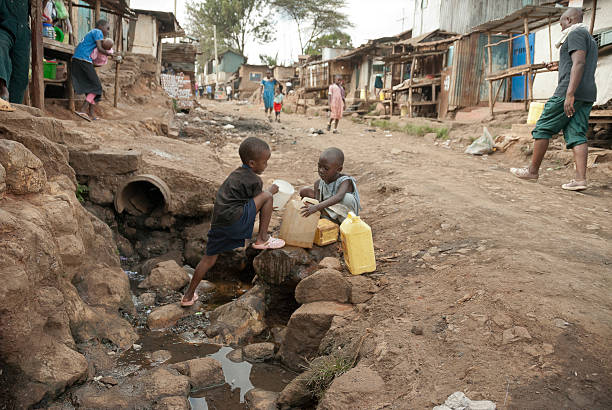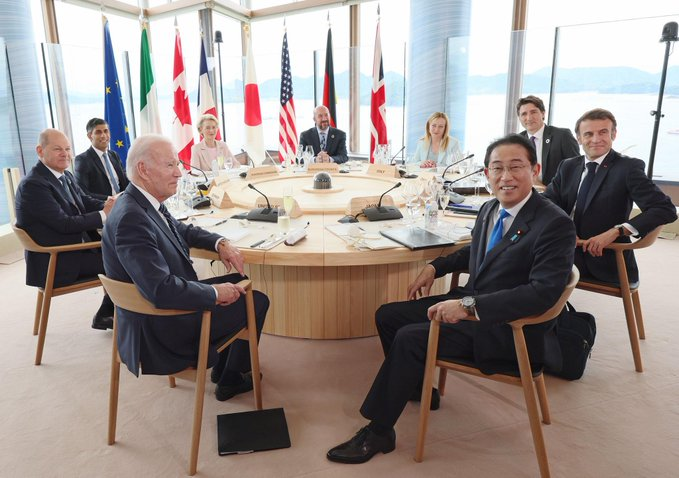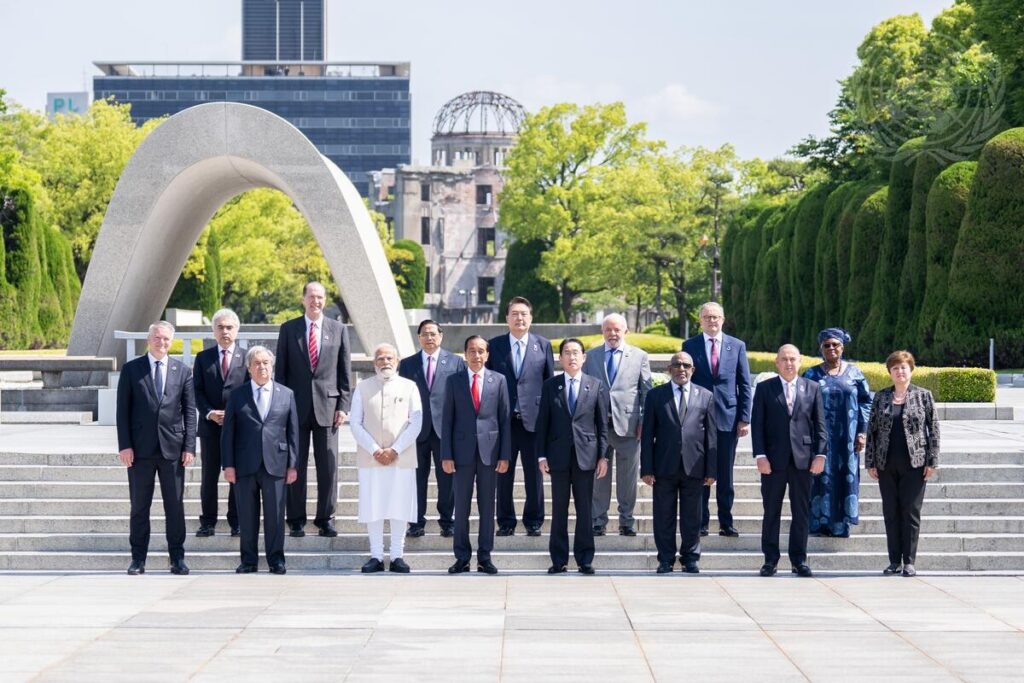U.N. ambitious blueprint seeking a better world for all is in peril
New York, July 10 – Since the Sustainable Development Goals (SDGs) were adopted in 2015 with the promise to make a healthy and prosperous world for all by 2030, the world organization has seen its progress and efforts to achieve the goals eroded by climate disasters, the COVID pandemic, the Russian war in Ukraine and rising food prices.
With seven more years to go, the U.N. now said the 17 SDGs are “in peril.” It called on governments to redouble and accelerate efforts to achieve the goals or else they should expect greater political instability, upended economics leading to irreversible damage and hundreds of millions of people hungry and poor.
The organization has launched a High Level Political Forum on the SDGs, July 10-19, with the participation of government officials, experts and civil society organizations to “urgently set the world on track to delivering the promise of the Sustainable Development Goals (SDGs).
The U.N. said the high-level forum provides “an opportunity to review progress, address shared challenges, showcase successes, and identify measures to mobilize action on the SDGs.” The forum will be a key contributor to the SDG Summit September 16-19 when government leaders of the 193 member states will attend the 78th U.N. General Assembly at U.N. headquarters in New York.
For more information, please visit: https://unstats.un.org/sdgs/report/2023/
Hashtag: #SDGreport #SDGs #GlobalGoals
“At midpoint of implementation, the SDGs—the rescue plan for people and planet—are in jeopardy. Ten of millions have fallen into poverty. Inequalities have worsened, strikingly so for women and girls. More people are being denied healthcare and education and the world is back at hunger levels not seen since 2005.”
The Sustainable Development Goals
The U.N. had intended to achieve globally, by 2030, the following goals: no poverty; zero hunger, good health and welling being, quality education, gender equality, clean water and sanitation; affordable and clean energy; decent work and economic growth; industry innovation and infrastructure; reduced inequalities; sustainable cities and communities; responsible consumption and production; climate action; life below water; life on land; peace justice and strong institutions and partnership for the goals.
Failure to achieve the SDGs has consequences
The following is part of a press release from the U.N. Department on Global Communications on the high-level forum:
“If the present trends persist, by 2030, a staggering 575 million people will remain trapped in extreme poverty and an estimated 84 million children and young people will still be out of school.
Based on data collected in 2022 in 119 countries, 56 per cent of the countries lacked laws that prohibit direct and indirect discrimination against women. Global temperature rise has already hit 1.1 °C above pre-industrial levels and is likely to reach or surpass the critical 1.5 °C tipping point by 2035.
The report also warns that while lack of progress is universal, it is the world’s poorest and most vulnerable who are experiencing the worst effects of these unprecedented global challenges.
Potential for breakthrough
But progress in some areas since 2015 illustrates the potential for further advances. The share of global population with access to electricity has increased from 87 per cent in 2015 to 91 per cent in 2021, with close to 800 million additional people being connected.
The report also illustrates that by 2021, 133 countries had already met the SDG target on under-5 mortality, and an additional 13 are expected to do so by 2030. Despite the global manufacturing growth slowdown, medium-high- and high-technology industries demonstrated robust growth rates. Developing countries installed a record-breaking 268 watts per capita of renewable energy-generating capacity in 2021. Additionally, the number of people using the Internet has grown by 65 per cent since 2015, reaching 5.3 billion people of the world’s population in 2022.
These important development gains demonstrate that a breakthrough to a better future for all is possible through the combination of collective action and strong political will, and the effective use of available technologies, resources, and knowledge. This advance can lift hundreds of millions out of poverty, improve gender equality and put the world on a low-emissions pathway by 2030. Strengthening data ecosystems will also be key to understanding where the world stands and what needs to be done to achieve the SDGs.
Additional key facts and figures:
Given historical trends, only one-third of countries will have halved their national poverty rates by 2030 from 2015.
Nearly 1 in 3 (2.3 billion people) were moderately or severely food insecure in 2021.
Between 2015 and 2022, rising access to safely managed drinking water, safely managed sanitation, and basic hygiene resulted in an additional 687 million, 911 million, and 637 million people gaining access to these essential services, respectively.
Effective HIV treatment has significantly reduced global AIDS-related deaths by 52 per cent since 2010, and at least one neglected tropical disease has been eliminated in 47 countries.
As of 2020, nearly 1.1 billion people lived in slums or slum-like conditions in urban areas.
The number of countries with national and local disaster risk reduction strategies has doubled since 2015, indicating increased awareness and preparedness for managing and reducing the impact of disasters.”
For more information, please visit: https://unstats.un.org/sdgs/report/2023/
Hashtag: #SDGreport #SDGs #GlobalGoals
Media contacts (Interviews available upon request):
Sharon Birch, UN Department of Global Communications, birchs@un.org
Helen Rosengren, UN Department of Economic and Social Affairs, rosengrenh@un.org
United Nations correspondent journalists – United Nations correspondent journalists – United Nations correspondent journalists – United Nations journalism articles – United Nations journalism articles – United Nations journalism articles – United Nations News – United Nations News – United Nations News
U.N. ambitious blueprint seeking a better world for all is in peril Read More »

